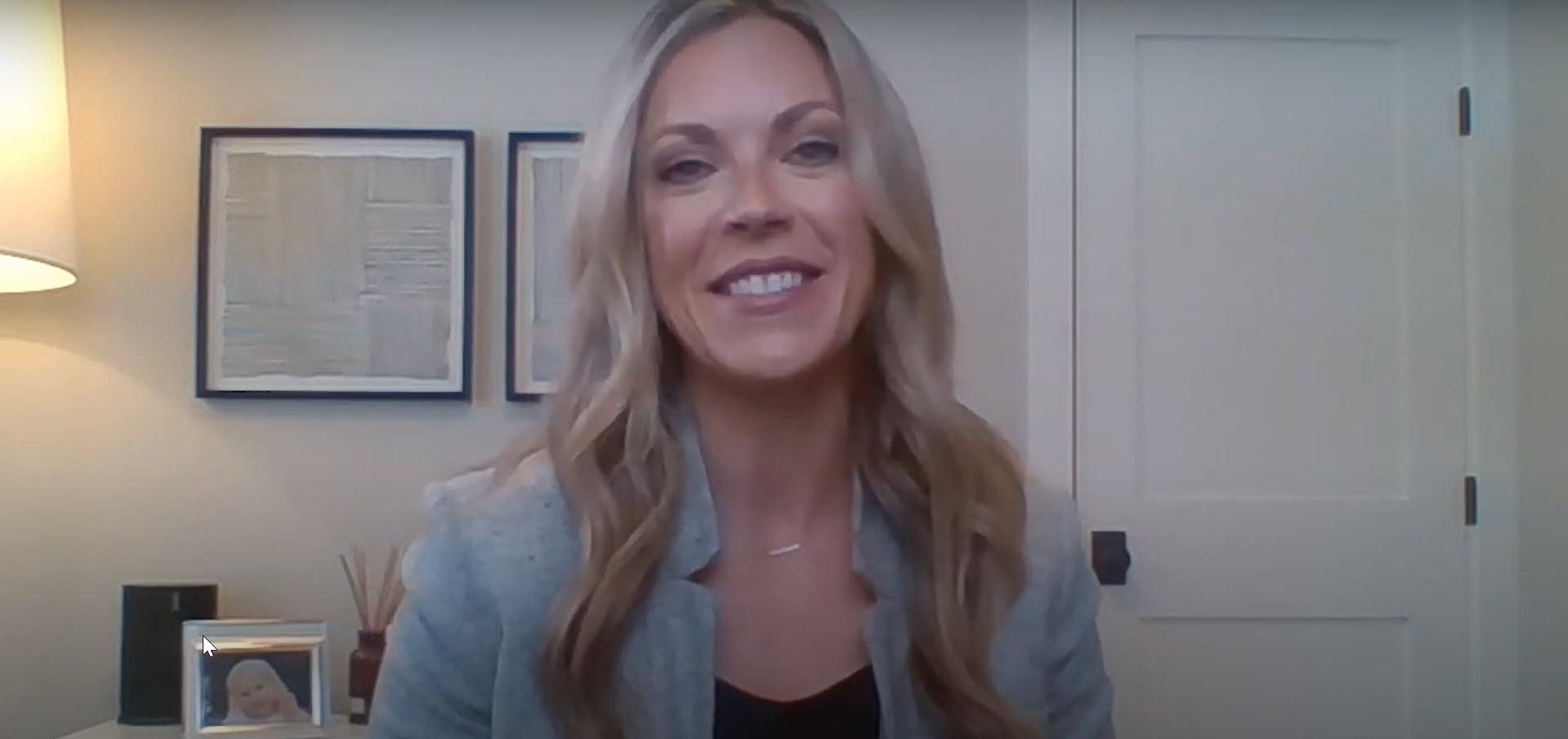After reading Brooke Baldwin’s wonderful book Huddle: How Women Unlock Their Collective Power, I came across many professional and personal aha moments. I spent my first 15 years at Target Corporation, where development was focused through very formal mentorships. That allowed me to gain an incredible network of people within the company that I sought out for direction and career advice. They were instrumental in helping me stretch myself professionally, and I'm very grateful for that. But looking back now, I realize I never leveraged my network to the fullest extent. I think that’s because I was afraid to be vulnerable. I was afraid that I had to know all the answers. Basically, I was afraid to fail in their eyes.
An organic relationship
While I still have a great network of people that I keep in touch with, my huddle is so much more. Reading this book, I immediately thought of what's different about my huddle versus my network. Essentially, my network feels more high level and less personal. My huddle, on the other hand, is the place where I feel safe, where I feel real, where I feel truly authentic, and where I can be vulnerable. It's a very intentional and organic relationship that forces me outside of my comfort zone and encourages me. Three women I worked with at Target make up my most important huddle. At the time, we worked in the same division and were vying for the same promotion. It’s ironic that in a time where one would think we would be pitting ourselves against each other, we found safety in each other as we prepared for our interviews. Looking back, that’s the moment my huddle began.
Our huddle was about seeing each individual succeed. It’s one of the first times where I’ve felt a collective power unlock with a group of women. While I was disappointed on a personal level that I wasn’t the one who got the job, I was happy for the one who did. And the huddle that came out of this was instrumental in making it OK for me to take a big risk and leave Target and start my own retail consultancy.
I believe it was important that we were all women because it allowed us to be more vulnerable with each other. We got to know each other and share more than just career aspirations. This huddle has evolved into deep friendships and conversations about life, children and other aspirations.
And while friends usually don’t get involved in your work life and coworkers don’t get involved in your personal life, my huddle supports me as a whole person.
Mutual empowerment
Things are going to change over time. I’m a firm believer that you should always celebrate successes. Too often, women by nature tend to shy away from the limelight or celebrating an individual accomplishment. But your huddle should be a safe place where you feel encouraged and at ease to do that. And when people are experiencing setbacks, you need that huddle to lift each other up. The best huddles are there for both the highs and the lows. A huddle should feel natural—you can’t force it. If something in your gut doesn't feel right or you're not getting the value out of it that you need, it’s OK to walk away. Sometimes women have trouble saying no, but we need to normalize the notion that it’s OK to say no if something doesn't align with where you want to go or what your core values are. The power of no can be just as rejuvenating as the power of yes.
As Katie Kelley previously said, the huddle is a give-and-take. It can’t be all giving on your part. You can't possibly grow if all you're doing within a huddle is making introductions or giving encouragement. I'm a people person. I have so much passion for team leadership and working together toward a common goal. I love coaching and developing people, but I also need those people to challenge me, to offer their thoughts and insights. Otherwise, I’m not pushing myself outside of my comfort zone to be the best version I can be.
At the same time, you need to “show up” and do the work for the huddle, as a whole, to become successful. You need to feed the effort. It’s important to understand that when you’re in a huddle, the other members are relying on you for support.In many organizations, there's so much emphasis placed on mentorships. But it’s been nice to have a relationship that formed organically. The people in my huddle have created an environment in which we all feel safe and empowered to be our best selves professionally and personally.I believe everything happens for a reason.
You may not know at the time that a group of people will help advance your career. But if you're vulnerable and you trust a group of people, it can unlock all kinds of opportunities.
